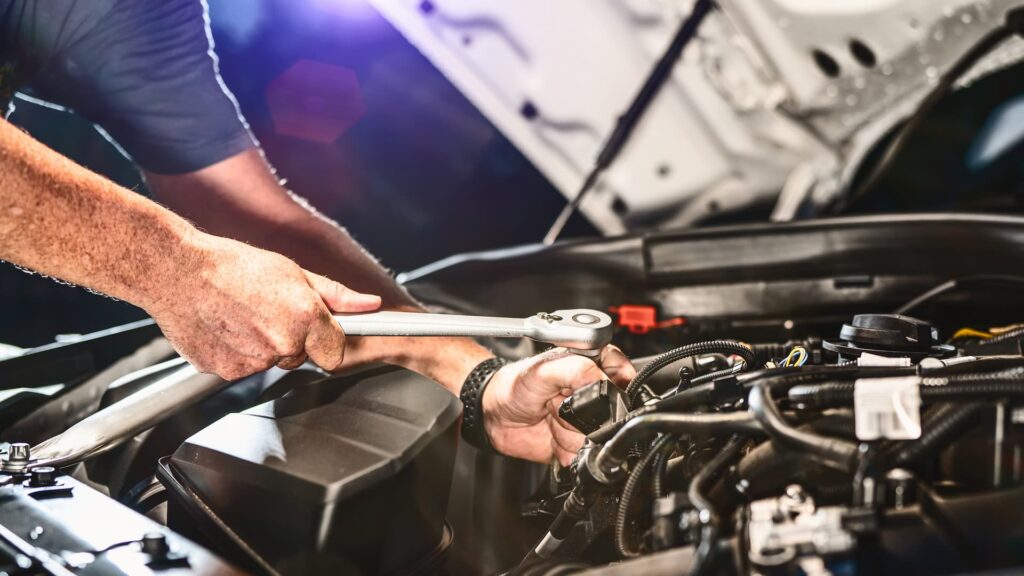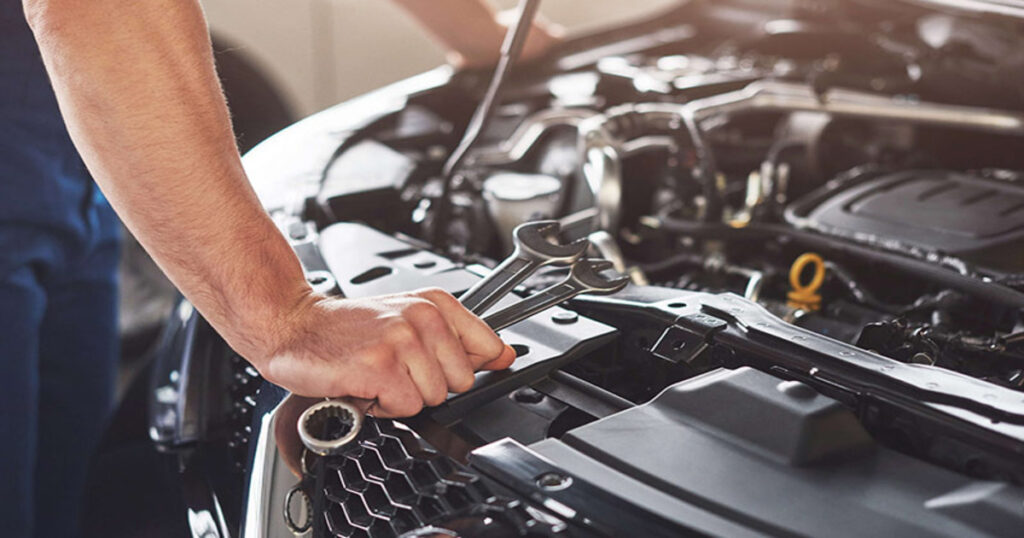Finding a reliable local car mechanic can save you a lot of time and money.
Introduction: Essential Tips for Finding a Local Car Mechanic can be a crucial decision for maintaining your vehicle’s performance and longevity. Whether you’re dealing with routine maintenance or unexpected repairs, choosing the right mechanic ensures your car is in good hands. With numerous options available, it’s important to know what to look for to make an informed choice. This guide will help you navigate the process by highlighting key factors to consider when selecting a local car mechanic. Reputation and Reviews: Importance of Checking Online Reviews and Ratings: In today’s digital age, online reviews and ratings are a valuable resource for assessing the quality of a car mechanic. Websites like Google Reviews, Yelp, and Angie’s List provide insights into other customers’ experiences. Positive reviews can indicate a mechanic’s reliability, professionalism, and quality of service, while negative reviews can reveal potential issues or red flags. Asking for Recommendations from Friends, Family, or Colleagues: Personal recommendations from people you trust can be one of the most reliable sources of information when choosing a mechanic. Friends, family, and colleagues who have had positive experiences with a mechanic can provide firsthand insights and endorsements. They can share their experiences with you, including the quality of the service, the mechanic’s honesty, and any issues they encountered. This personal touch can often lead to finding a trustworthy mechanic who has already been vetted by someone you know. Certifications and Qualifications: Understanding the Significance of Certifications Such as ASE (Automotive Service Excellence): Certifications like ASE (Automotive Service Excellence) are important indicators of a mechanic’s expertise and professionalism. ASE certification is awarded by the National Institute for Automotive Service Excellence and is recognized across the industry. To earn ASE certification, mechanics must pass rigorous tests that cover a broad range of automotive repair and maintenance topics. Checking for Manufacturer-Specific Certifications for Specialized Repairs: For specialized repairs, especially those involving specific car makes or models, manufacturer-specific certifications can be crucial. Many car manufacturers offer their own certification programs to ensure that mechanics are trained in the unique technologies and requirements of their vehicles. For instance, certifications from brands like BMW, Toyota, or Ford indicate that a mechanic has received specialized training directly from the manufacturer. Experience and Expertise: Evaluating the Mechanic’s Experience with Your Car’s Make and Model: When choosing a mechanic, it’s essential to consider their experience with your specific car’s make and model. Vehicles can vary widely in terms of design, technology, and maintenance requirements, so a mechanic who is familiar with your car’s brand will be better equipped to handle any issues that arise. For instance, a mechanic experienced with luxury brands like Mercedes-Benz or BMW will be familiar with the advanced systems and unique components of these vehicles. Inquire whether the mechanic has worked on similar models or has specific training related to your car’s brand. Inquiring About the Types of Repairs and Services They Specialize In: Mechanics often have areas of specialization, such as engines, transmissions, or electrical systems. Understanding what types of repairs and services a mechanic specializes in can help you determine if they are the right fit for your needs. Similarly, some mechanics may specialize in certain types of vehicles, like diesel engines or hybrids. This specialization can be crucial for ensuring that repairs are done correctly and efficiently. Service Warranties and Guarantees: Understanding the Types of Warranties Offered on Repairs and Parts: When choosing a mechanic, it’s important to understand the warranties they offer on both repairs and parts. There are generally two types of warranties to consider: Importance of a Written Guarantee for Services Performed: A written guarantee is a formal assurance from the mechanic or repair shop that the services provided meet certain standards of quality. This guarantee is crucial for several reasons: Pricing and Estimates: Getting Written Estimates Before Agreeing to Any Work: Before committing to any repairs or services, it’s essential to obtain a written estimate from the mechanic. A written estimate provides a detailed breakdown of the costs involved and serves as a formal agreement on the projected expenses. Here’s why getting a written estimate is important: Comparing Prices and Understanding What Is Included in the Cost: When evaluating estimates from different mechanics, it’s crucial to compare prices and understand what is included in each cost breakdown. Here’s how to approach this: Shop Environment and Equipment: Evaluating the Cleanliness and Organization of the Shop: The cleanliness and organization of a repair shop can offer valuable insights into its professionalism and operational standards. Here’s why these factors are important: Checking if the Shop is Equipped with Modern Tools and Diagnostic Equipment: Modern tools and diagnostic equipment are essential for effective and accurate vehicle repairs. Here’s why it’s important to check for these: Location and Convenience: Considering the Shop’s Proximity to Your Home or Workplace: The location of a repair shop can significantly impact your overall convenience and experience. Here’s why proximity matters: Evaluating Convenience Factors Such as Loaner Cars or Shuttle Services: Additional convenience factors can enhance your experience with a repair shop. Consider the following: Conclusion: Choosing the right car mechanic involves more than just picking a name from a list; it requires careful consideration of various factors to ensure that your vehicle receives high-quality and trustworthy service. By evaluating the mechanic’s reputation through reviews and recommendations, understanding their certifications and qualifications, and assessing their experience and expertise, you can make an informed decision about who will handle your vehicle.






